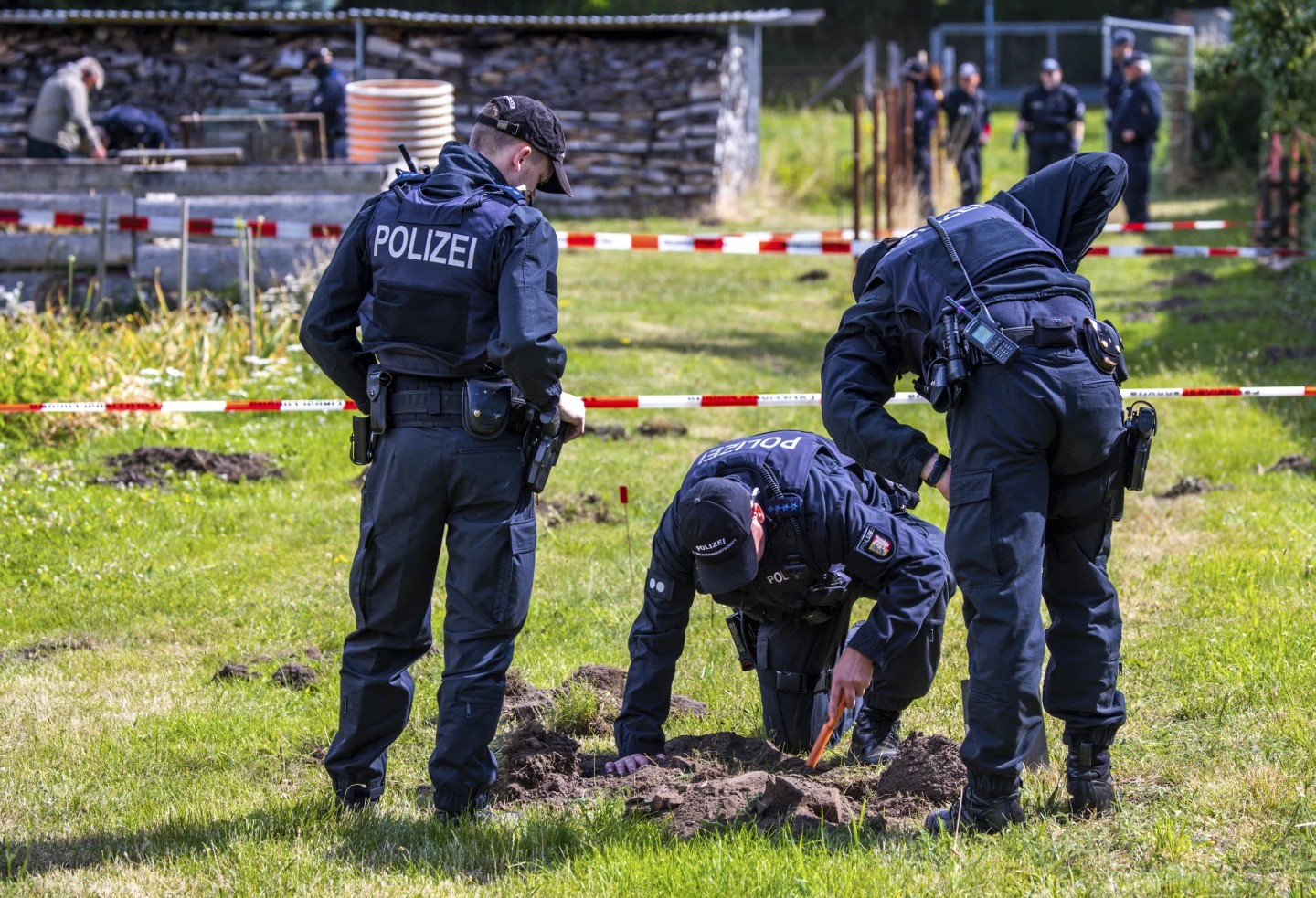German investigators have found lumps of gold that appear to have been melted down from Celtic coins that were stolen from the Celtic and Roman Museum in the Bavarian town of Manching on November 22.
Four suspects were arrested on Tuesday after police found DNA evidence outside of the museum that linked them to the crime, three of whom are believed to have participated in other robberies both in Germany and Austria. The German suspects include an accountant, a telecommunications engineer, a shop manager, and an employee of a demolition firm; however, authorities say the suspects haven’t given up any information since their arrest.
The 483 gold coins were uncovered in an archeological dig near Manching in what is believed to be an ancient Celtic settlement and are believed to be the largest trove of Celtic gold discovered in the 20th century. The coins are believed to be dated to around 100 B.C.
Guido Limmer, the deputy head of Bavaria’s state criminal police office, informed Munich reporters that they have inspected 18 pieces of gold retrieved this week. It is suspected that each piece originated from four melted coins, and the alloy used closely corresponds to that of the treasure. Regardless, additional analysis is currently in progress.

“We know that about 70 gold coins have apparently been irretrievably lost in their cultural and historical significance,” Bavaria’s state culture minister, Markus Blume, told reporters. “But that means that, of course, there is still hope of perhaps being able to find the rest of the gold coins, and so the majority of the gold treasure.”
Authorities are still searching the country for the stolen coins, notably in Germany’s North Eastern Mecklenburg-Western Pomerania state, where three of the suspects were apprehended.
A judge has ordered the suspects to be kept in custody while awaiting a possible indictment for gang robbery, which carries a maximum sentence of ten years. Three of the suspects are also believed to have participated in other robberies from 2014 to 2021 that targeted supermarkets, a vehicle registration office, and a casino.
The thieves had cut cables at a telecommunications hub, which shut down local networks before the heist. The thieves then utilized crowbars and a radio jammer to enter undetected, spending a mere nine minutes within the museum without tripping any alarms.


